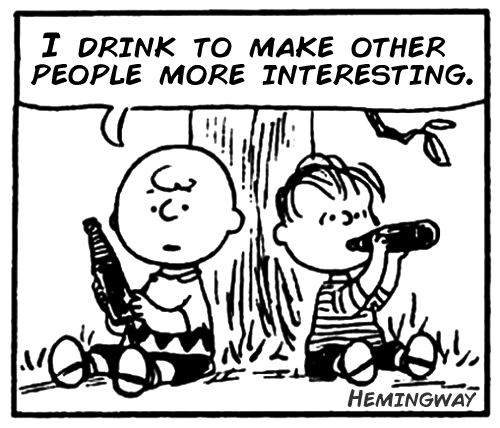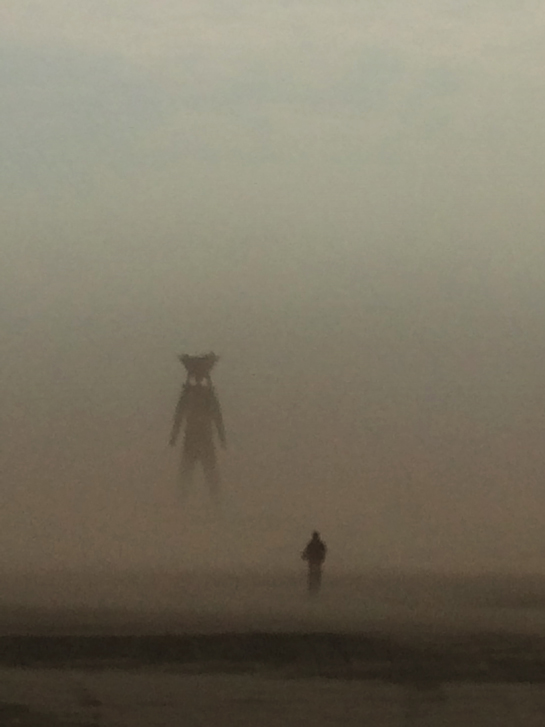On ‘Krazy Kat’ and ‘Peanuts’
A recent reprint of an article by Umberto Eco, © 1963. Reprinted from the June 13, 1985 Issue, The New York Review of Books, translation copyright © 1985 by William Weaver. Link
Peanuts is thus a little human comedy for the innocent reader and for the sophisticated. In its center is Charlie Brown: ingenuous, stubborn, always awkward, and doomed to failure. Requiring, to a critical degree, communication and popularity, and repaid by the matriarchal, know-it-all girls of his group with scorn, references to his round head, accusations of stupidity, all the little digs that strike home, Charlie Brown, undaunted, seeks tenderness and fulfillment on every side: in baseball, in building kites, in his relationship with his dog, Snoopy, in playing with the girls. He always fails. His solitude becomes an abyss, his inferiority complex is pervasive—tinged by the constant suspicion (which the reader also comes to share) that Charlie Brown is not inferior. Worse: he is absolutely normal. He is like everybody else. This is why he is always on the brink of suicide or at least of nervous breakdown: because he seeks salvation through the routine formulas suggested to him by the society in which he lives (the art of making friends, culture in four easy lessons, the pursuit of happiness, how to make out with girls—he has been ruined, obviously, by Dr. Kinsey, Dale Carnegie, Erich Fromm, and Lin Yutang).
I never liked Peanuts – now I know why. Also note the date this was written: 1963!







